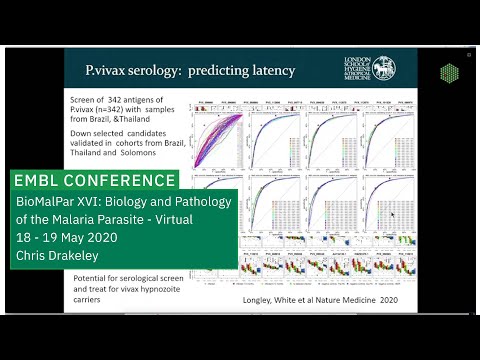Last Updated: 13/06/2024
Serological Screen and Treat trial for P. vivax: a Proof-of-concept trial in Eastern Indonesia
Objectives
This trial aims to evaluate an experimental serological diagnostic technique intended to identify people at high risk of having dormant malaria parasites in their liver. The study is designed to show a superiority of Serological Screen and Treat (SSAT) vs. routine care for the prevention of recurrent P. vivax infections, by measuring the incidence reduction in the intervention group.
Rintis Noviyanti
Ayleen Alicia Kosasih
Jeanne Rini Poespoprodjo
Shazia Ruybal Pesantez
Study Type: Interventional (Clinical Trial)
Allocation: Randomized
Intervention Model: Parallel Assignment
Masking: None (Open Label)
A total of 800 schoolchildren living in Malaka regency, West Timor, Indonesia, will be individually randomized into the intervention (SSAT) or control (routine care) group:
- Serological diagnosis arm: Screened for the presence of antibodies to a previously validated panel of malaria antigens, and screened by microscopy. If positive by either test, they will be treated.
- Control arm: Screened by microscopic examination and treated when they show or have history of fever in the last 3 days.
After initial screening, all children will be actively followed for 9 months with qPCR assessment every 4 weeks. Anytime a child becomes acutely ill will, they will be tested by microscopy and referred to Primary Health Center to receive treatment when positive. Furthermore, household members of these infected children will also be screened for malaria by microscopy and post-hoc qPCR (treatment given to any microscopy-positive individual, regardless of symptoms).
NOTE: The study start date had to be postponed due to COVID-19 pandemic.
ClinicalTrials.gov - Project detailsClinicalTrials.gov - Study protocol
Feb 2022 — Jun 2023


